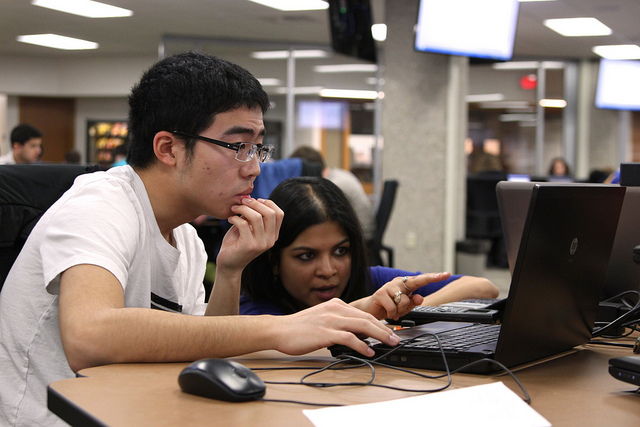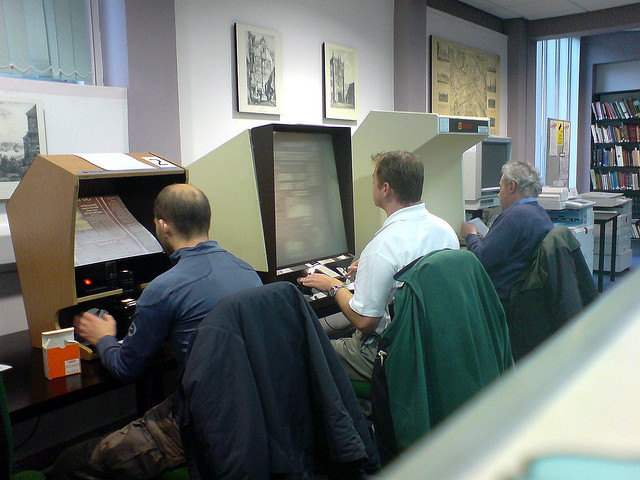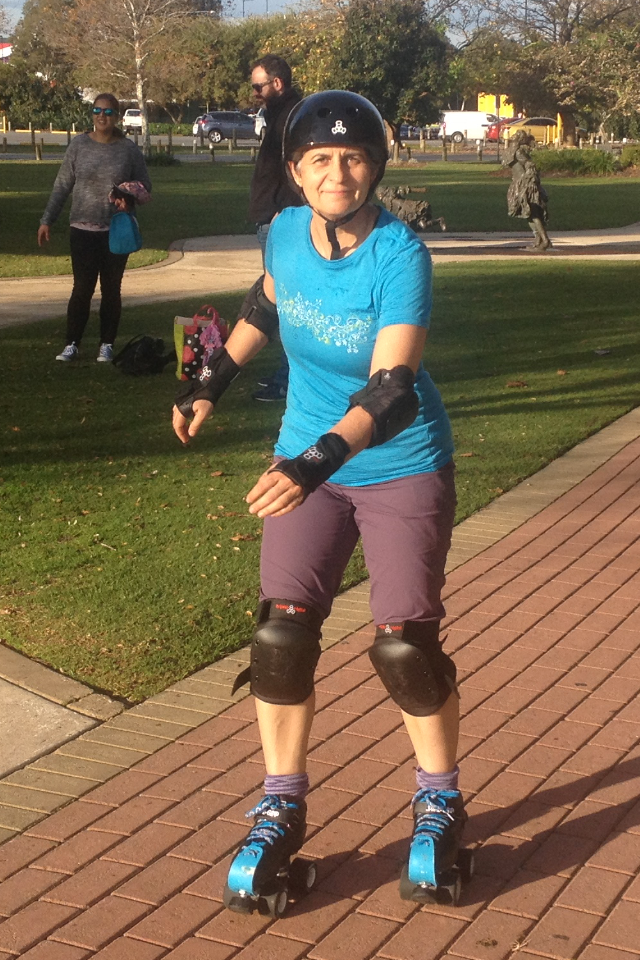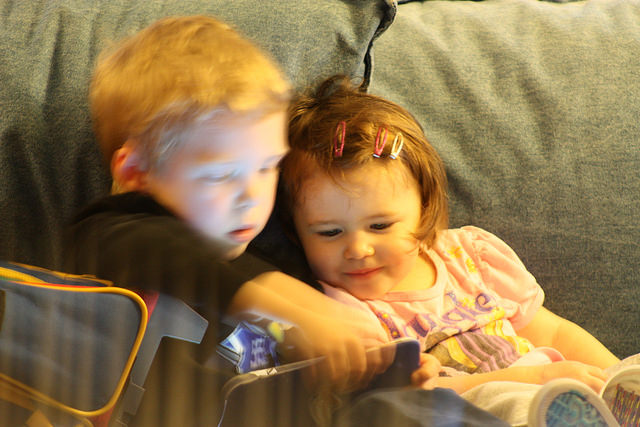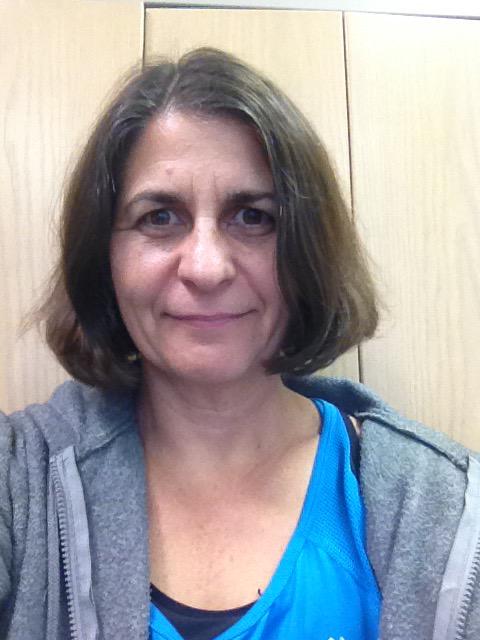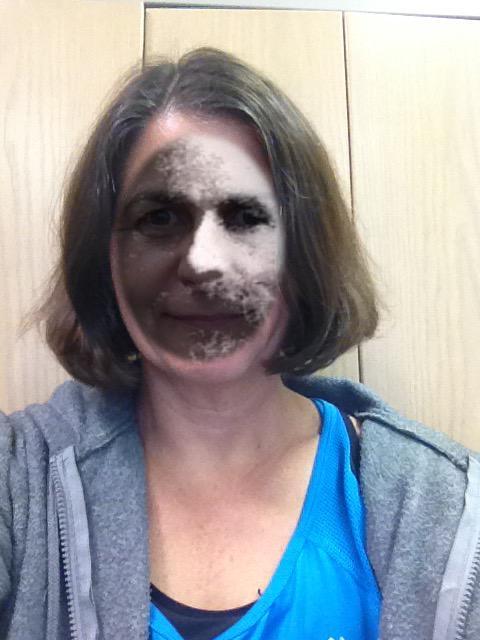Please read obligatory apology for blogging about blogging .
Yesterday I talked about what blogging has done for me. I want to spend a bit more time talking about what I mean by “blogging”. This is a personal definition about how I relate to this thing I do on this site, not something aimed at starting a debate or fine-tooth-comb examination of definitions.
To me, “blogging” does not just mean writing posts. To me that is broadcasting.
For me to feel like I am really “blogging” I need to be reading other people who are creating in a similar space, commenting, joining in on other parts of social media about discussion of topics that may or may not end up as more fully-developed posts. The richness of what I write here is dependent on this thinking with others, and takes place as a node in conversation.
I do think that there are a group of people with a “build it and they will come” mentality who write some (often very well-considered and interesting) posts and then are surprised and affronted that there is not conversation happening and their posts are not noticed. I think this is a bit like getting in some food, nice drinks, putting on some mood music, opening doors … then sitting on the sofa complaining that your party is not a success…
For me blogging done satisfactorily and effectively takes huge amounts of time, a lot of discipline, involves building knowledge of where disciplinary conversations are taking place, creating discussions when possible and getting in there boots and all.
Anyone who has been reading this series of posts should be concluding that, to me, blogging is not simple, mechanistic and easy. I see a blog as an anchor site for my presence on social media, rather than a series of posts arranged in date order. It is a place devoted to the opinions and thoughts of a single channel and, for the way I use my blog as a node in a larger ongoing conversation, should contain a comprehensive “about” page, a way for people to get in contact and some indication of presence on other social media. All this requires crafting and gardening.
It’s all very well to be part of a conversation, but the way I am talking it seems like I am implying that it is just a matter of putting in time and anyone can do it. Actually, I do think it is that simple (and hard). The thing is, I make a choice about how I define “blogging” and what it means to me. I do not expect this definition to be the same for everyone – in fact I would expect most people not to be doing it like I do. In the next post I want to go on to thinking about blogging and the “imposter syndrome”, as raised by Wendy and Lyndelle on Kate’s post does anybody actually care? blogging and professional discourse





